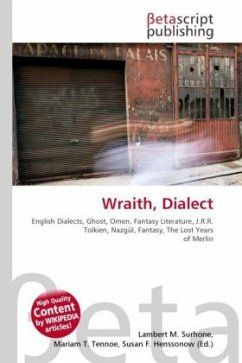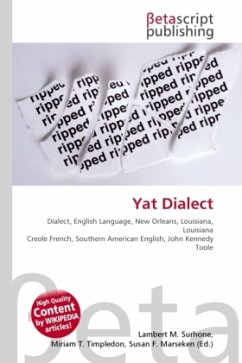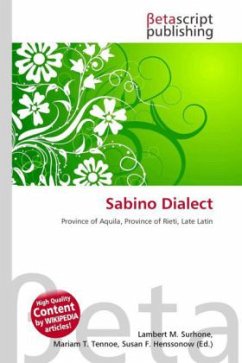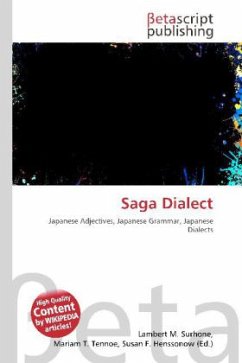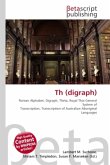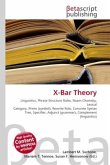High Quality Content by WIKIPEDIA articles! Wraith is a Scottish dialectal word for "ghost, spectre, apparition". It came to be used in Scottish Romanticist literature, and acquired the more general or figurative sense of "portent, omen". In modern fantasy literature, it usually designates dangerous and evil beings following use of the word in J.R.R. Tolkien's Ringwraiths. The word "wraith" was, according to the OED, first attested in 1513, in Gavin Douglas' translation of the Aeneid with a meaning of both "ghost, apparition of a deceased person" and "an immaterial or spectral appearance of a living being". Also believed to be the image of death in many ways. With a black cloak and a skeletal body a wraith is confused with a messenger of death, or holy figure. In 18th- to 19th-century Scottish literature, it was also applied to aquatic spirits. In 19th-century usage, it came to be used in a metaphoric sense to refer to wraith-like things and to portents in general. The word has no commonly accepted etymology; OED notes "of obscure origin" only. An association with the verb writhe was the etymology favored by J. R. R. Tolkien.
Bitte wählen Sie Ihr Anliegen aus.
Rechnungen
Retourenschein anfordern
Bestellstatus
Storno

